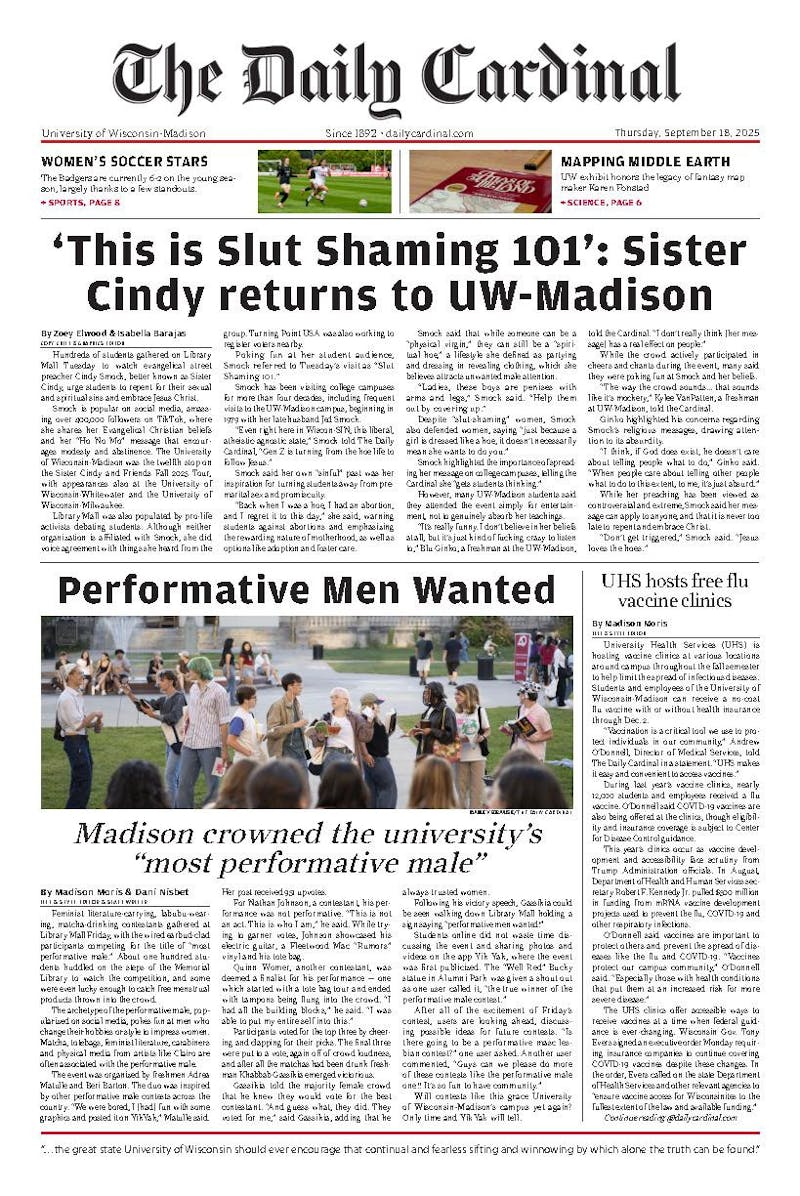Talking about mental illness is extremely difficult to do in today's society. Even with biology and psychology's progress towards understanding the brain, mental diseases still carry a certain stigma.
The healthcare professionals who work in psychiatry rely on the Diagnostic and Statistical Manual of Mental Disorders (DSM) to provide a common rubric on which to evaluate patients. The DSM attempts to catalog and quantify symptoms of mental disorders for use by clinicians, researchers, insurance companies, pharmaceutical companies and governmental bodies. Since the DSM's inception in 1952, it has gone through 4 revisions (each DSM carries its revision number as part of its title e.g. ‘DSM-IV) and the fifth revision is currently in field-testing and has a tentative release date of May 2013. To put it lightly, the issues involved in editing the DSM are complicated.
Previous changes in the DSM demonstrate the manual's importance. In 1980, due in large part to Vietnam veterans seeking treatment, the American Psychological Association added post-traumatic stress disorder to the DSM. The change allowed those suffering to more efficiently seek treatment and have that treatment acknowledged by insurance companies. After receiving pressure from politically-active groups, the APA removed homosexuality from the DSM in 1974. The removal of that clause destroyed homosexuality as a symptom or diagnosis. More so than other scientific fields, psychiatry is influenced by society in how it addresses culturally sensitive or relevant issues.
A counsel of 27 healthcare professionals oversees the changes to the DSM. The committee has overhauled how personality disorders are presented and itemized in the manual. Personality disorders are a finicky area in psychology - they are disorders that are marked with consistent maladaptive behaviors that are a part of one's personality. Since the terminology around these disorders is so culturally sensitive, trying to ascribe an extremely wide set of (mostly) qualitative symptoms to a small amount of diagnosable disorders can be very tricky. The DSM-V will have a looser rubric for diagnosing those with personality disorder.
Expanding the category gives doctors more interpretive power. However, the changes are drawing criticism. The reasons for expanding or contracting a certain diagnosis are varied: problems such as high comorbidity (the presence of 2 or more diagnosis) and low test re-test reliability (different diagnosis received after separate assessments) must be addressed. The two changes that are drawing the most attention are two cases where the APA has struggled with expanding or contracting the definition of a disorder. The APA has contracted the autism-spectrum disorders, and expanded depression into controversial territory.
The DSM-IV used an autism spectrum that had several diagnoses, like Asperger's syndrome, under its umbrella. The new revision excludes Asperger's and shuffles it under the broader autism-spectrum disorder. Some of those who have been diagnosed with Asperger's will not fall into the new category of autism-spectrum disorder, which could have serious implications on their medical treatment and ability to receive government funds.
The expansion of depression's category will have even broader effects. The APA proposes that depression caused by a recent traumatic event - generally described as ‘grief'-will now merit a diagnosis. Supporters of the change claim it will expedite the recovery and treatment process for those who need help; while detractors fear false-positives, overmedication and the cultural effects of pathologizing emotion.
Although the majority of the changes in the DSM will only affect people who are directly involved with the field, the document itself is extremely important as a living reflection for how our society relates to mental disease. The inclusion of grief as a part of major depression hints at a society where familial and community-based support is now open to be replaced. Other decisions regarding how things are included or organized can be interpreted in many ways: addiction-spectrum is heavy on gambling, but sex addiction is filed under "hypersexuality." Internet-addiction is included in the appendix, but didn't warrant inclusion in the main addiction section. Several areas have gained a clause that excludes culturally acceptable forms of expression from becoming a diagnostic credential. The nuances of what is, or is not included in the DSM speak volumes.
I believe that the majority of the changes are solid moves in the right direction, reorganizing the personality disorders and autism-spectrum disorders will ultimately prove valuable in diagnoses. Also, including grief in the depression diagnosis will not create as many false positives as feared because the people actually giving those diagnoses are making the distinction between grief and major depression all the time, and their best judgment will guide their decisions. However, there are severe limits on trying to assign such a quantitative approach to a black and gray science. Both change and stasis of the DSM will draw critical attention, which is why the debates surrounding the proposed changes are just as, if not more important than the changes themselves.
Mental illness is such a contentious issue that it draws attention from many different groups that have unique demands. The DSM's status as a living document makes the debate surrounding it extremely valuable for understanding how our society deals with intersecting demands at the edge of our scientific knowledge.
David is a new columnist to the Daily Cardinal Opinion Page. Tell David what you think of his article at dailycardinal.com.





